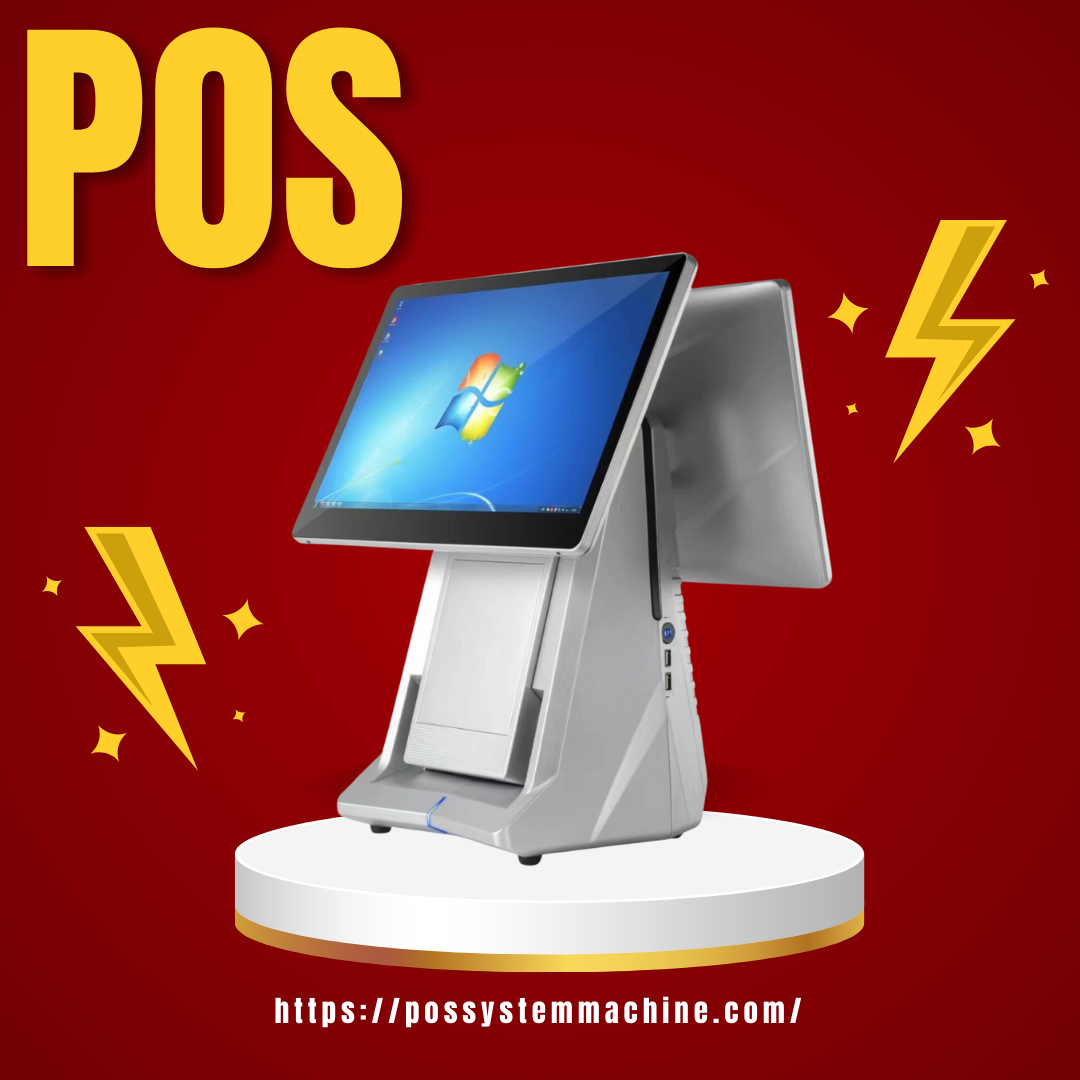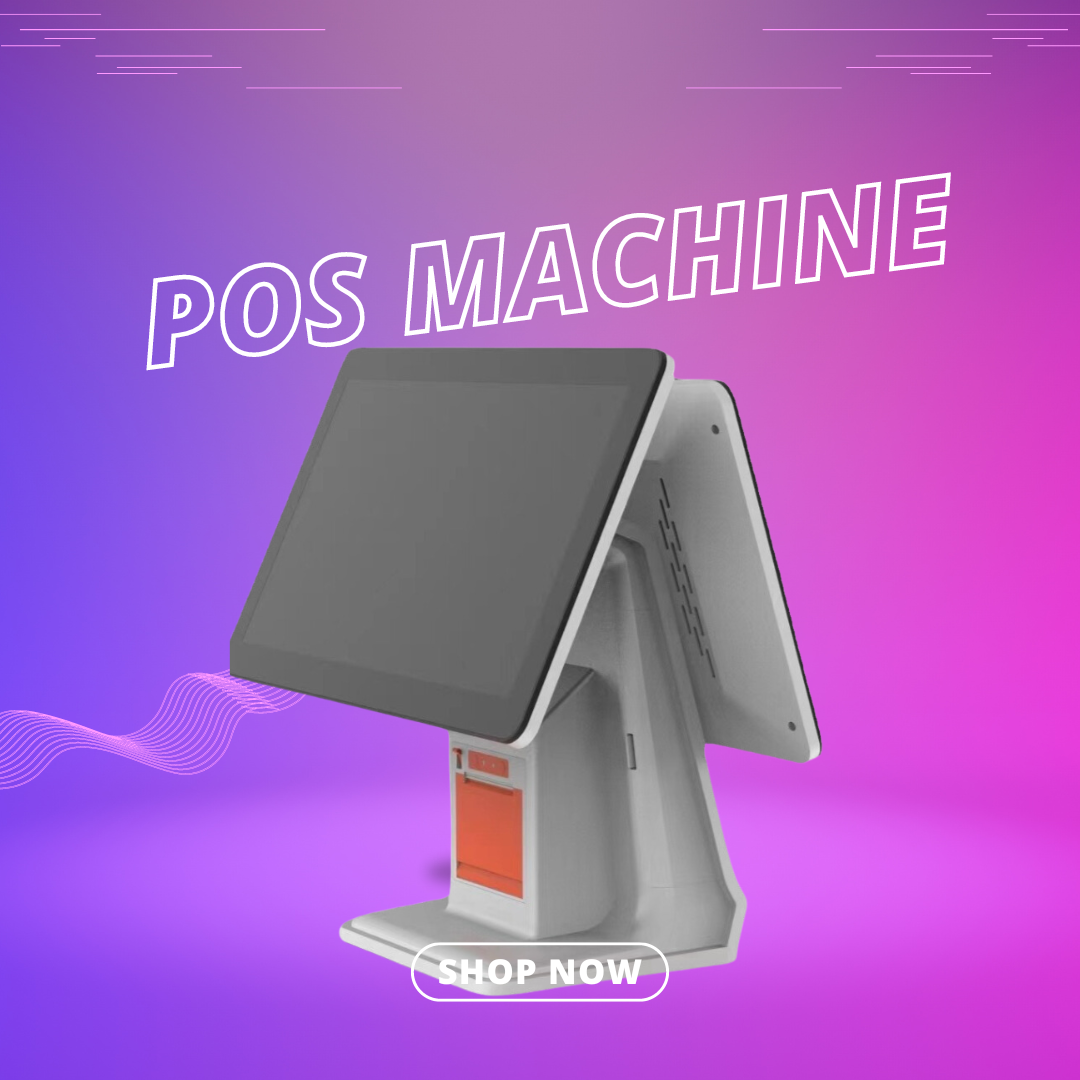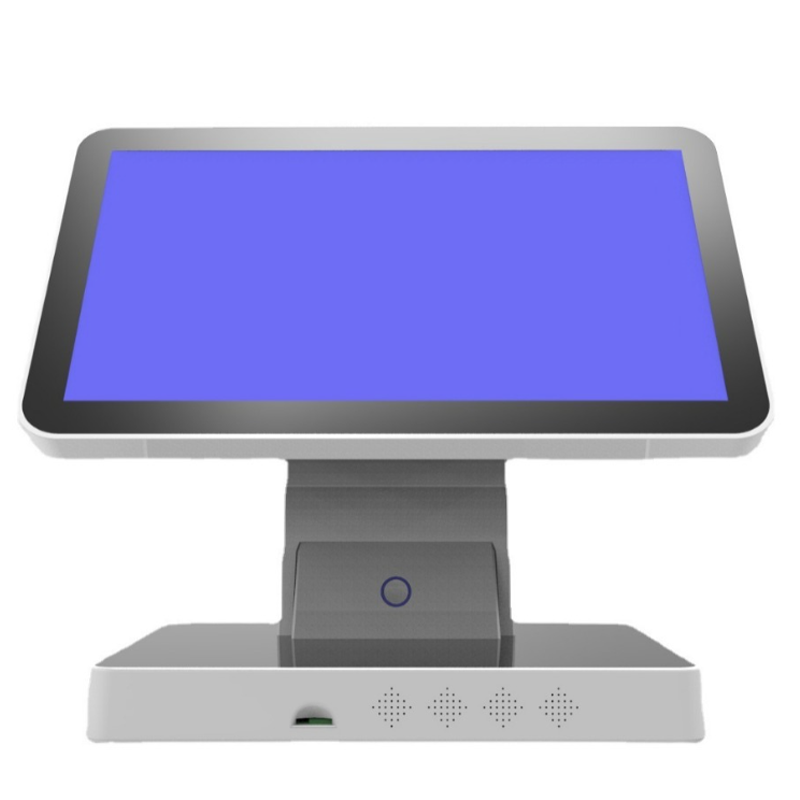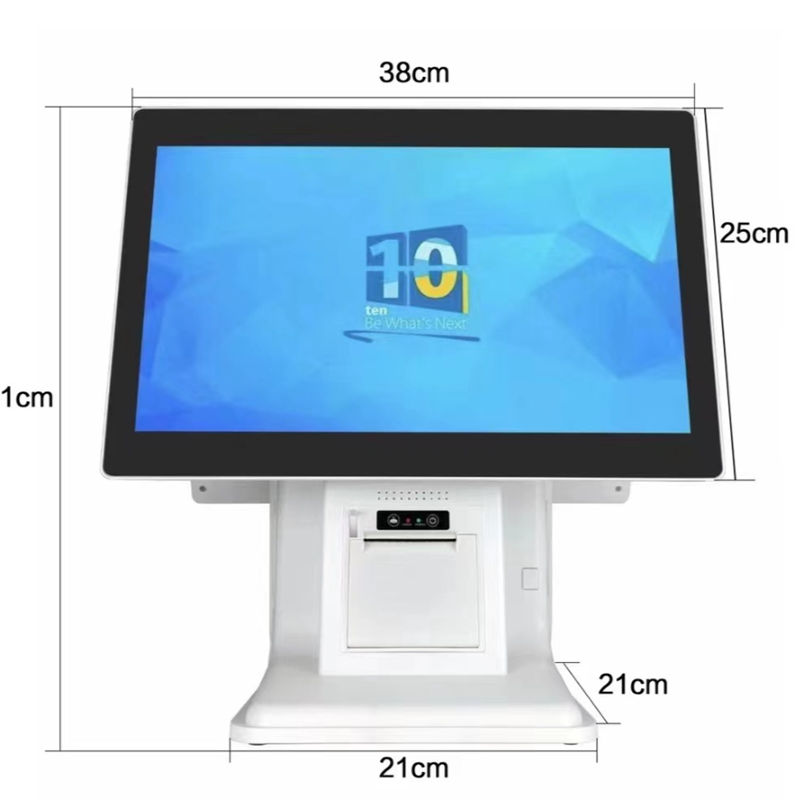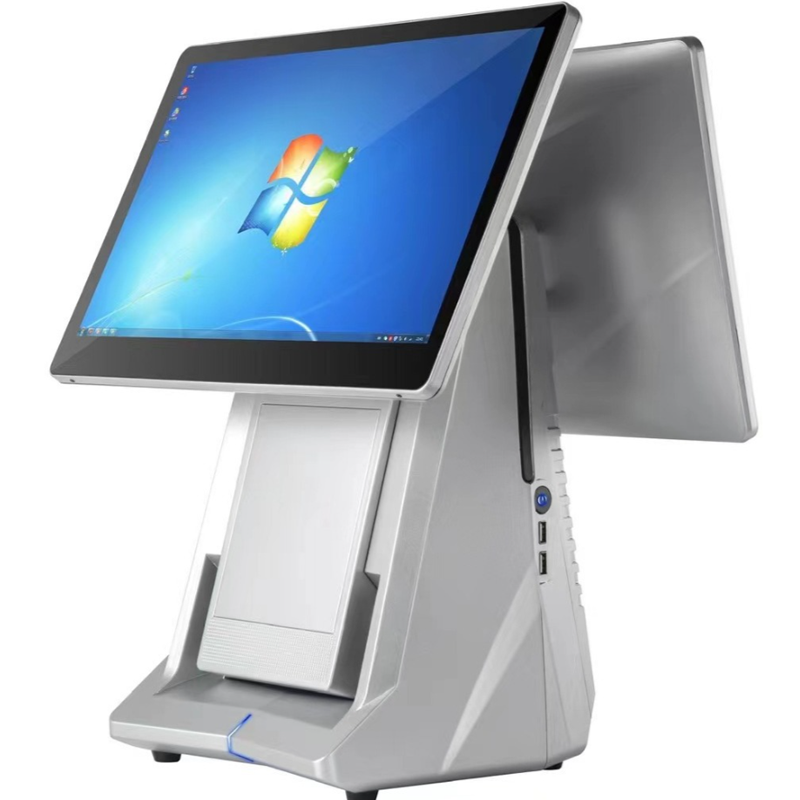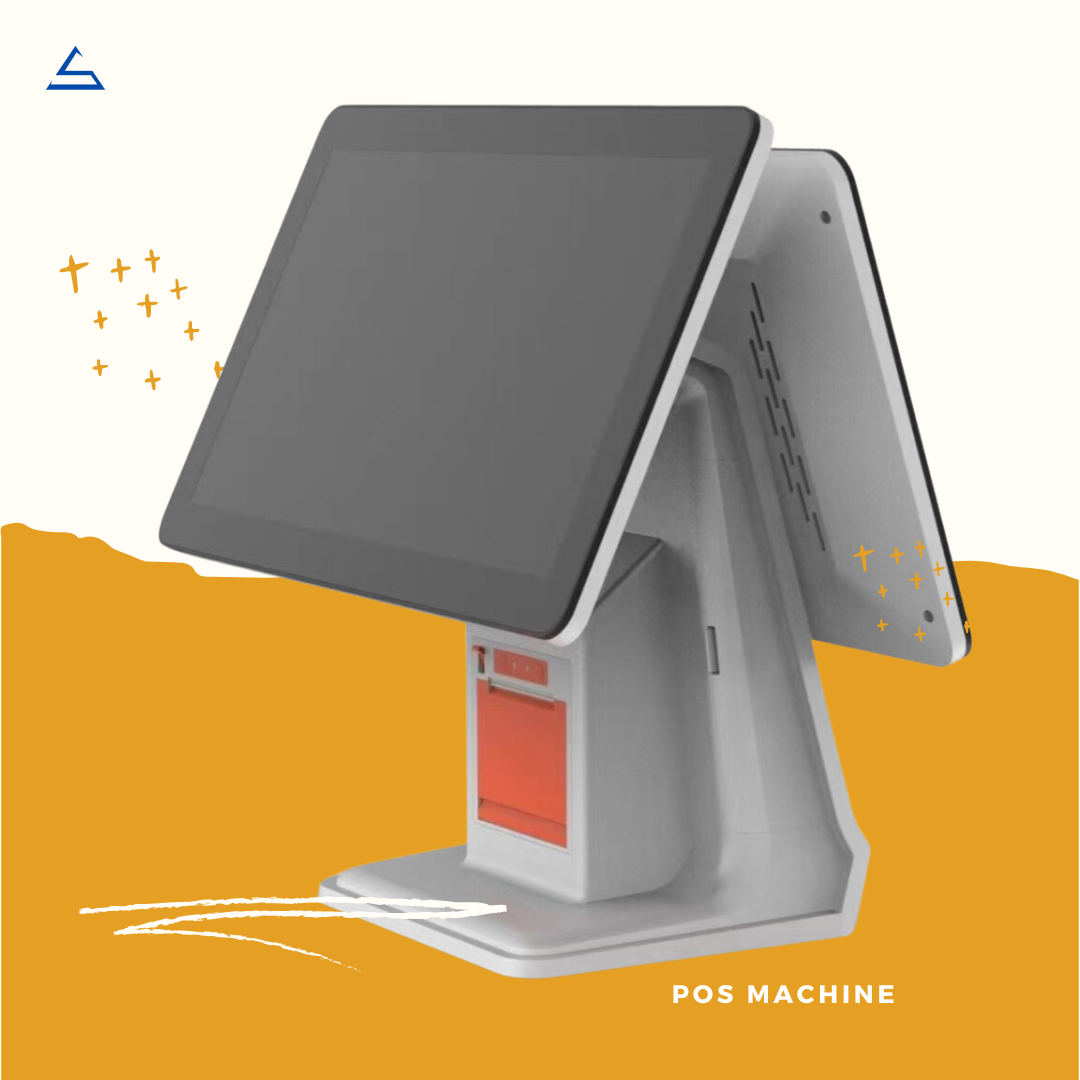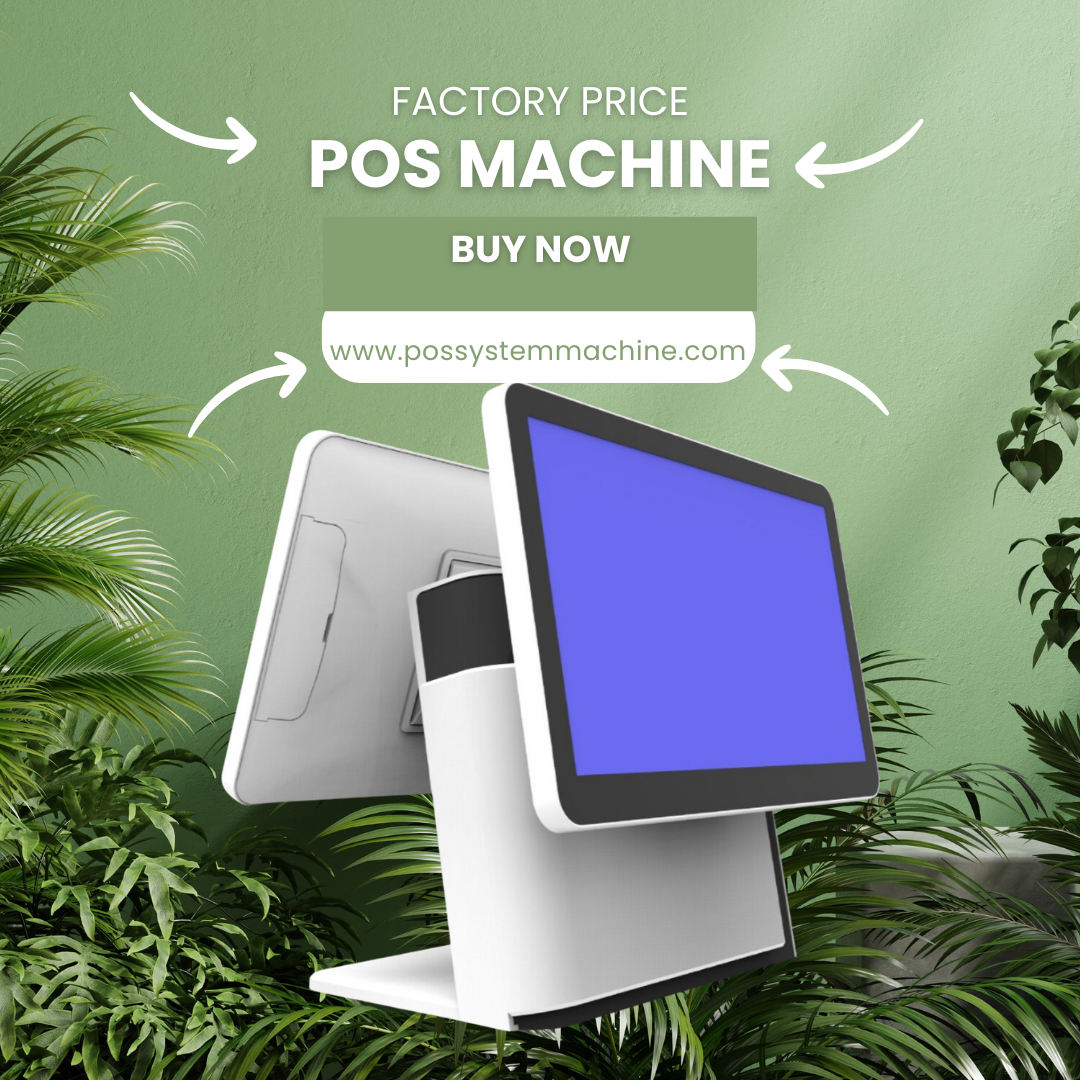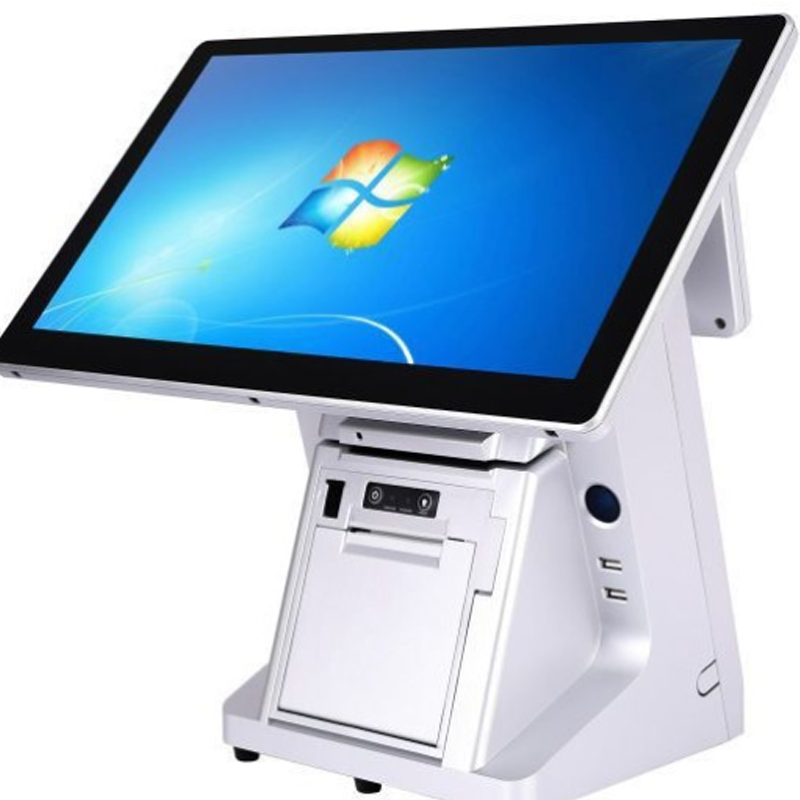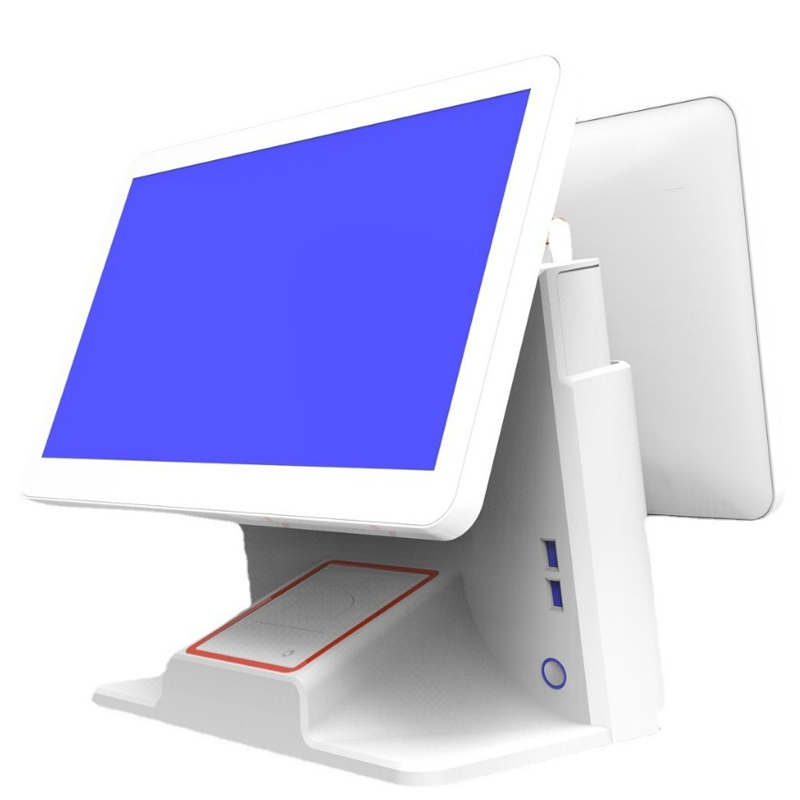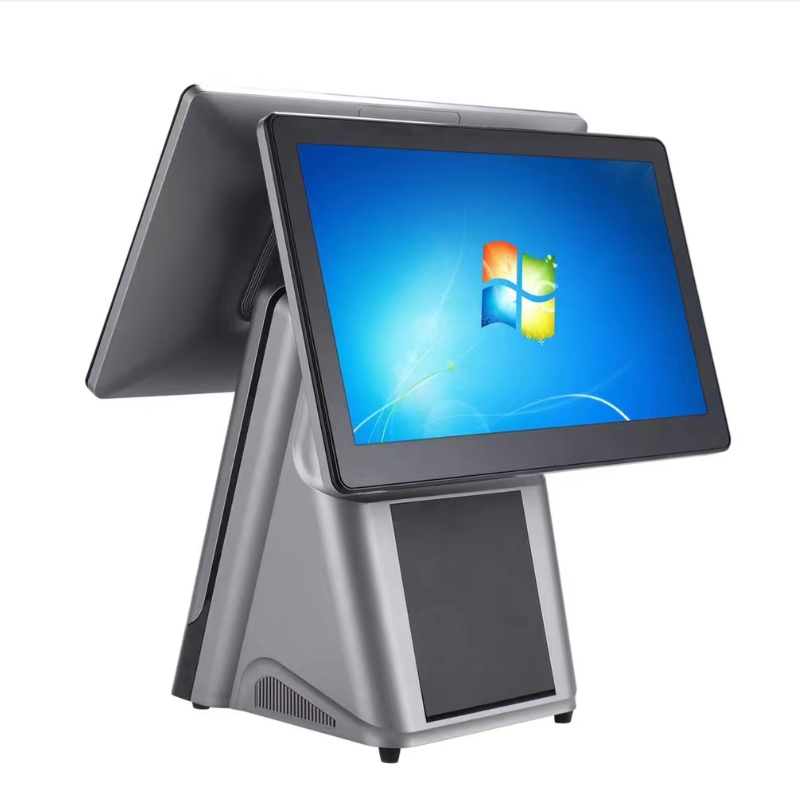¿son todas las cajas registradoras iguales?
Índice
Resumen
In today’s retail landscape, the choice between a traditional cash register and a modern point-of-sale (TPV) system can significantly impact your business operations. This article will delve into the various types of cash registers and POS systems available, helping you understand their differences and choose the best option for your business needs. Whether you’re a small shop owner or managing a large retail chain, this comprehensive guide will provide valuable insights to inform your decision-making process.
1. What Are the Different Types of Cash Registers?
Cash registers have come a long way since their invention. Today, we can categorize them into several types:
- Mechanical Cash Registers: The oldest type, these are purely mechanical and don’t require electricity.
- Electronic Cash Registers (ECRs): These offer basic digital functions and are more accurate than mechanical ones.
- Computerized Cash Registers: These combine cash register functions with computer technology for enhanced capabilities.
- Cloud-Based Cash Registers: The newest type, these leverage cloud technology for data storage and access.
Each type has its own set of features and benefits, catering to different business needs and sizes.
2. How Do Electronic Cash Registers Differ from Traditional Ones?
Electronic cash registers (ECRs) represent a significant leap from their mechanical predecessors:
- Digital Display: ECRs have clear, easy-to-read digital screens.
- Improved Accuracy: Digital calculations reduce human error.
- Basic Reporting: Many ECRs can generate simple sales reports.
- Multiple Payment Options: Unlike mechanical registers, ECRs can often handle credit card transactions.
- Programmable Keys: This allows for quicker input of common items.
While not as advanced as full POS systems, ECRs offer a good balance of functionality and simplicity for many small businesses.
3. What Is a POS System and How Does It Compare to a Cash Register?
A Point of Sale (POS) system is a more advanced solution that goes beyond simple transaction processing. Here’s how it compares to a traditional cash register:
| Característica | Caja registradora | Sistema POS |
|---|---|---|
| Procesamiento de transacciones | ✅ | ✅ |
| Gestión de existencias | ❌ | ✅ |
| Customer Data Collection | ❌ | ✅ |
| Advanced Reporting | ❌ | ✅ |
| Integración con otros programas | ❌ | ✅ |
| Cloud-Based Data Storage | ❌ (except for cloud-based registers) | ✅ |
POS systems offer a more comprehensive solution for businesses looking to streamline their operations and gain deeper insights into their sales data.Learn more about the benefits of POS systems for small businesses
4. How Do You Choose Between a Cash Register and a POS System?
Deciding between a cash register and a POS system depends on several factors:
- Business Size: Smaller businesses might be fine with a cash register, while larger operations often benefit from a TPV sistema.
- Transaction Volume: High-volume businesses typically need the efficiency of a TPV sistema.
- Inventory Management Needs: If you need detailed inventory tracking, a POS system is the way to go.
- Budget: Cash registers are generally less expensive upfront, but POS systems can offer long-term cost savings.
- Tech Comfort Level: Consider your and your staff’s comfort with technology.
Remember, the right choice is the one that best fits your specific business needs and growth plans.
5. What Are the Key Features of Modern POS Systems?
Modern POS systems offer a wide range of features designed to streamline business operations:
- Inventory Management: Real-time tracking of stock levels.
- Customer Relationship Management (CRM): Collect and analyze customer data.
- Employee Management: Track employee hours and performance.
- Reporting and Analytics: Generate detailed reports on sales, inventory, and more.
- Multi-Channel Integration: Seamlessly connect in-store and online sales.
- Cloud-Based Data Storage: Access your data from anywhere, anytime.
These features can significantly enhance efficiency and provide valuable insights for business growth.Explore the top features of modern POS systems
6. How Do Mobile POS Systems Work?
Mobile POS systems are revolutionizing the way businesses handle transactions:
- They use smartphones or tablets as the main device.
- Transactions can be processed anywhere in the store or even off-site.
- They often integrate with card readers for easy payment processing.
- Cloud-based software ensures data is always up-to-date and accessible.
- They’re particularly useful for businesses with limited space or those that need mobility.
Mobile POS systems offer flexibility that traditional cash registers simply can’t match.
7. What Are the Advantages of Cloud-Based Cash Registers?
Cloud-based cash registers combine the simplicity of traditional registers with the power of cloud technology:
- Real-Time Data Access: View your sales data from anywhere with an internet connection.
- Automatic Updates: Software updates happen automatically, ensuring you always have the latest features.
- Data Backup: Your data is securely stored in the cloud, reducing the risk of loss.
- Scalability: Easily add new registers or locations as your business grows.
- Integration Capabilities: Many cloud-based registers can integrate with other business software.
These advantages make cloud-based registers an attractive option for businesses looking to modernize their operations.
8. How Do Restaurant POS Systems Differ from Retail POS Systems?
While both serve the purpose of processing transactions, restaurant TPV systems have some unique features:
- Table Management: Track table status and turn times.
- Menu Management: Easily update menu items and prices.
- Split Bills: Divide checks among multiple customers.
- Tip Management: Calculate and distribute tips among staff.
- Kitchen Display Systems: Send orders directly to the kitchen.
These specialized features help restaurants manage their unique operational needs more effectively.Discover the best POS systems for restaurants
9. What Should You Consider When Choosing the Best Cash Register or POS System for Your Business?
Selecting the right system involves careful consideration of several factors:
- Business Type: Retail, restaurant, service-based, etc.
- Budget: Both upfront costs and ongoing fees.
- Features Needed: Inventory management, customer tracking, reporting, etc.
- Ease of Use: Consider the learning curve for you and your staff.
- Integration Capabilities: Ensure it works with your existing software.
- Escalabilidad: Elija un sistema que pueda crecer con su empresa.
- Support: Look for providers offering reliable customer support.
Take the time to assess your needs and research different options before making a decision.
10. How Might Cash Registers and POS Systems Evolve in the Future?
The future of transaction processing looks exciting:
- AI Integration: Predictive inventory management and personalized customer experiences.
- Biometric Payments: Fingerprint or facial recognition for transactions.
- Augmented Reality: Enhanced product displays and customer interactions.
- Internet of Things (IoT): Connected devices for smarter store management.
- Blockchain Technology: Increased security and transparency in transactions.
As technology continues to advance, we can expect cash registers and POS systems to become even more sophisticated and integral to business operations.
Etiquetas
Producto
Blog
Póngase en contacto con nosotros
Productos relacionados
Preguntas frecuentes sobre la fabricación de cajas de madera

